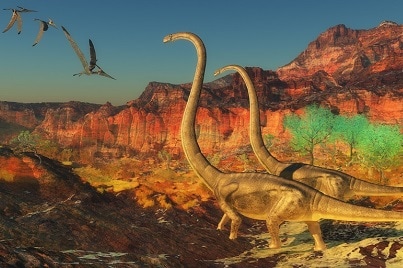
Building for the Future
Majid Al Futtaim’s Head of Business Analytics Guillaume Thfoin explains how data became a key component of the group’s innovation strategy.
20 Nov 2019


Doing Data & Analytics Right
Majid Al Futtaim’s Acting Chief Corporate Development Officer Joe Abi Akl and Head of Business Analytics Guillaume Thfoin address data security, compliance and using data for the greater good.
21 Nov 2019


It’s Not All About the ROI
Majid Al Futtaim’s Acting Chief Corporate Development Officer Joe Abi Akl and Head of Business Analytics Guillaume Thfoin share examples of how data & analytics drive results.
20 Nov 2019


One Place for Data
Majid Al Futtaim’s Acting Chief Corporate Development Officer Joe Abi Akl and Head of Business Analytics Guillaume Thfoin detail the role and inner workings of Majid Al Futtaim’s Analytics Center of Excellence.
21 Nov 2019


Water Scarcity: Making Every Drop Matter
“Leave no one behind.” This was the message the World Water Day championed this year. The plea to leave no one behind – a basic tenet of the United Nations Sustainable Development Goals (UN SDGs) - is a powerful call for universal inclusiveness. It envisages a world where the water-stressed areas of today do not face the same challenges in the future. Water is a precious resource for every nation, but it is particularly incumbent upon the water-scarce regions to proactively work towards sustainable and innovative ways that ensure access to safe and clean water for all.
29 Mar 2019


From Dinosaurs to Birds: Evolving with the Digital Economy
It’s not every day that a piece of research strikes a chord. But a Cushman & Wakefield report on exponential technological change and its implications felt personal. It read: ‘An executive moving from graduation to management over 20 years will face technology 500,000 times more powerful than the day they started work.’
02 Apr 2019


AI – the 21st century’s Good Samaritan
If you didn’t have the ability to see, whose voice would you trust to guide you every day?
Who would accompany you on trips, read to you, help you shop? Who would adapt to your routine, pick out your smartest shirt, inform you about the best places to eat, and even remember to record your favourite TV show while you dine?
No human could be so constant, so patient, or so responsive. But AI can.
04 Apr 2019


How the shopping mall can defeat its online competitors
From virtual reality adventures to indoor skydiving and immersive dining experiences, shopping malls are changing beyond all recognition.
Imagine watching the latest movie with your family and friends, seated in comfortable recliners with a waiter serving you five-star food and drink from a menu curated by a Michelin-starred chef. It’s a far cry from the cramped seats and below-average food and beverage on offer elsewhere.
Such luxury experiences are being rolled out in forward-thinking malls around the world. This is just the start in 'experiential' leisure and entertainment.
31 Oct 2019

X